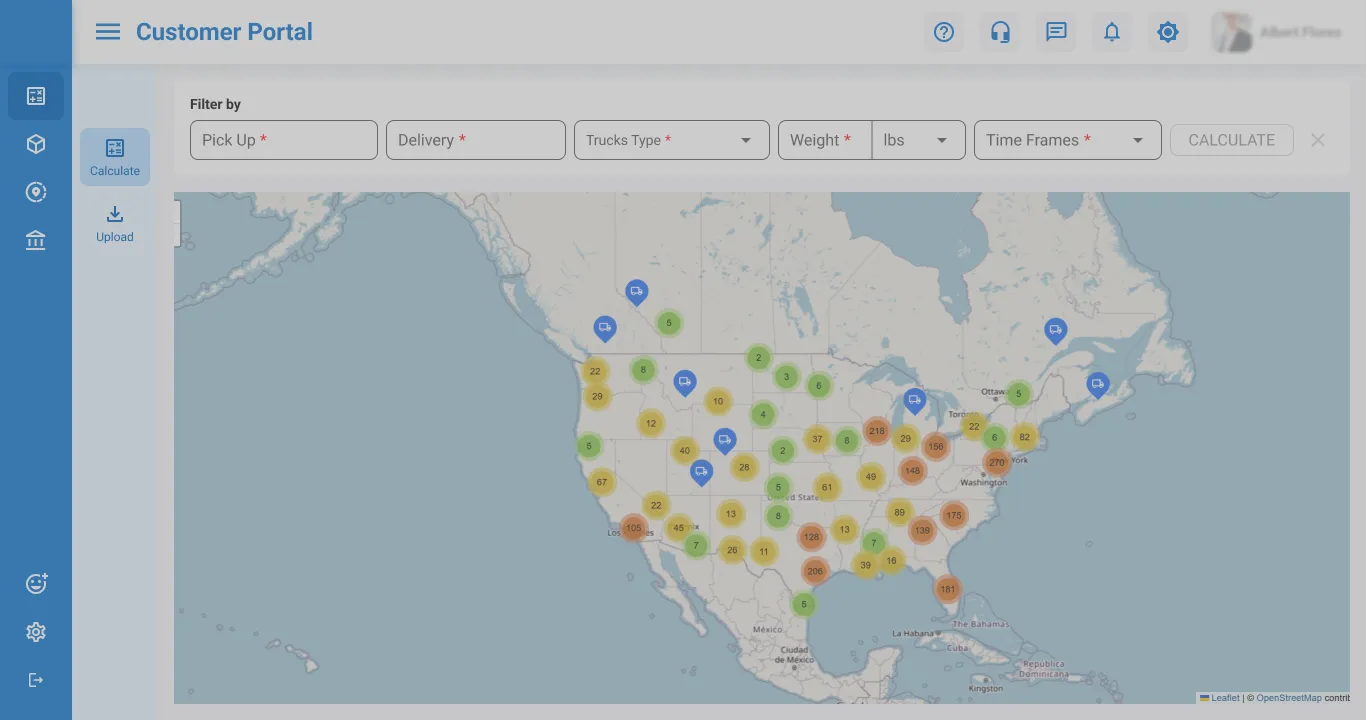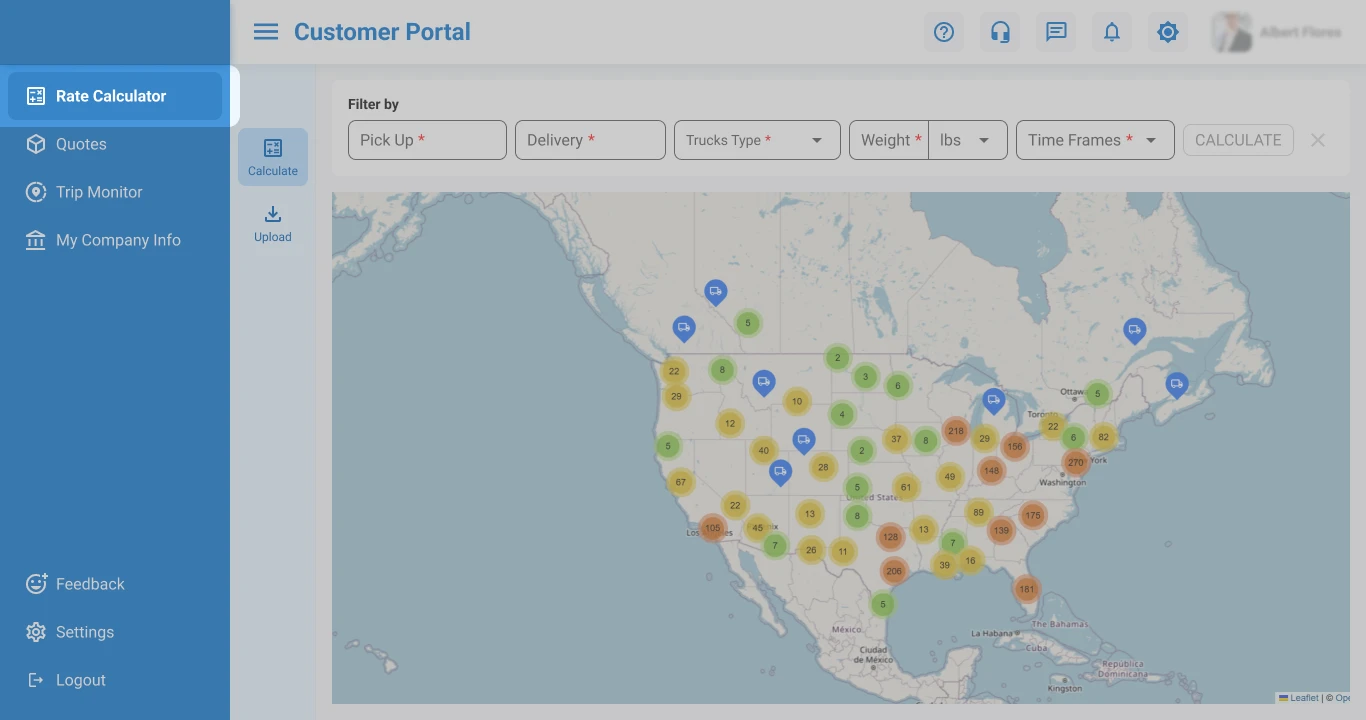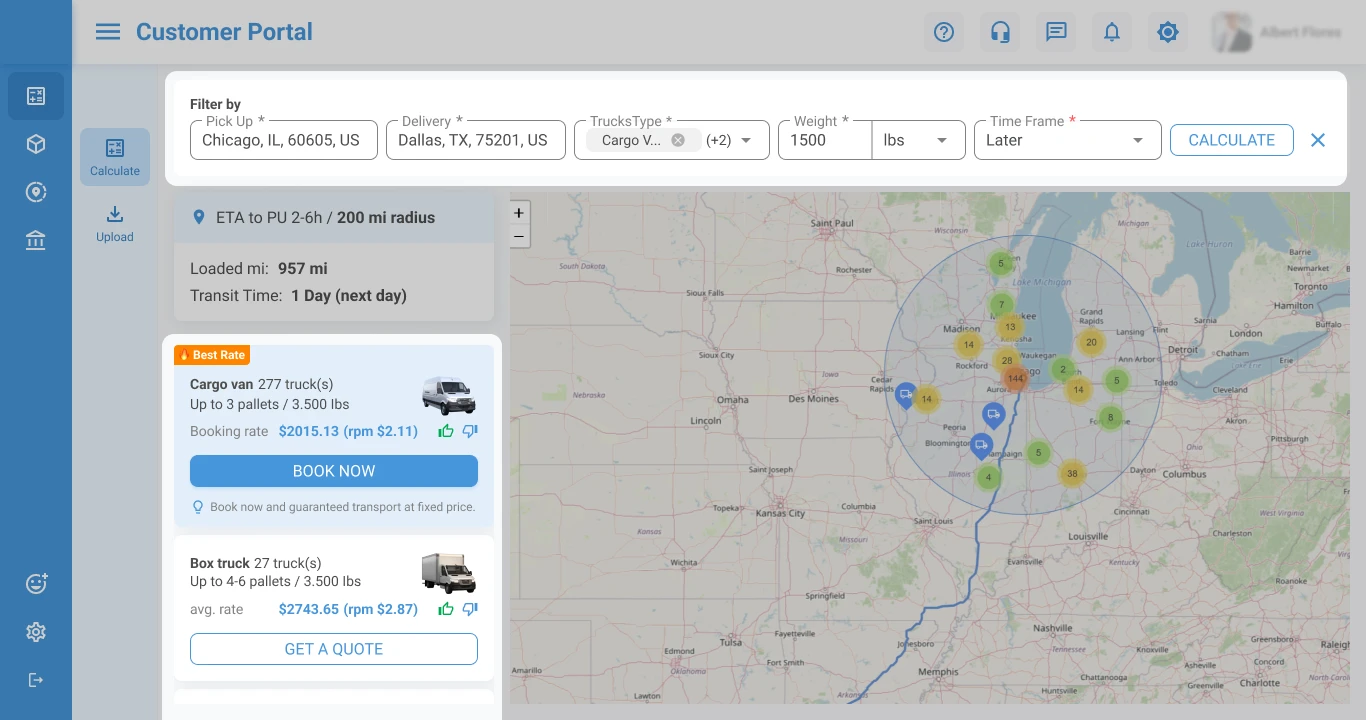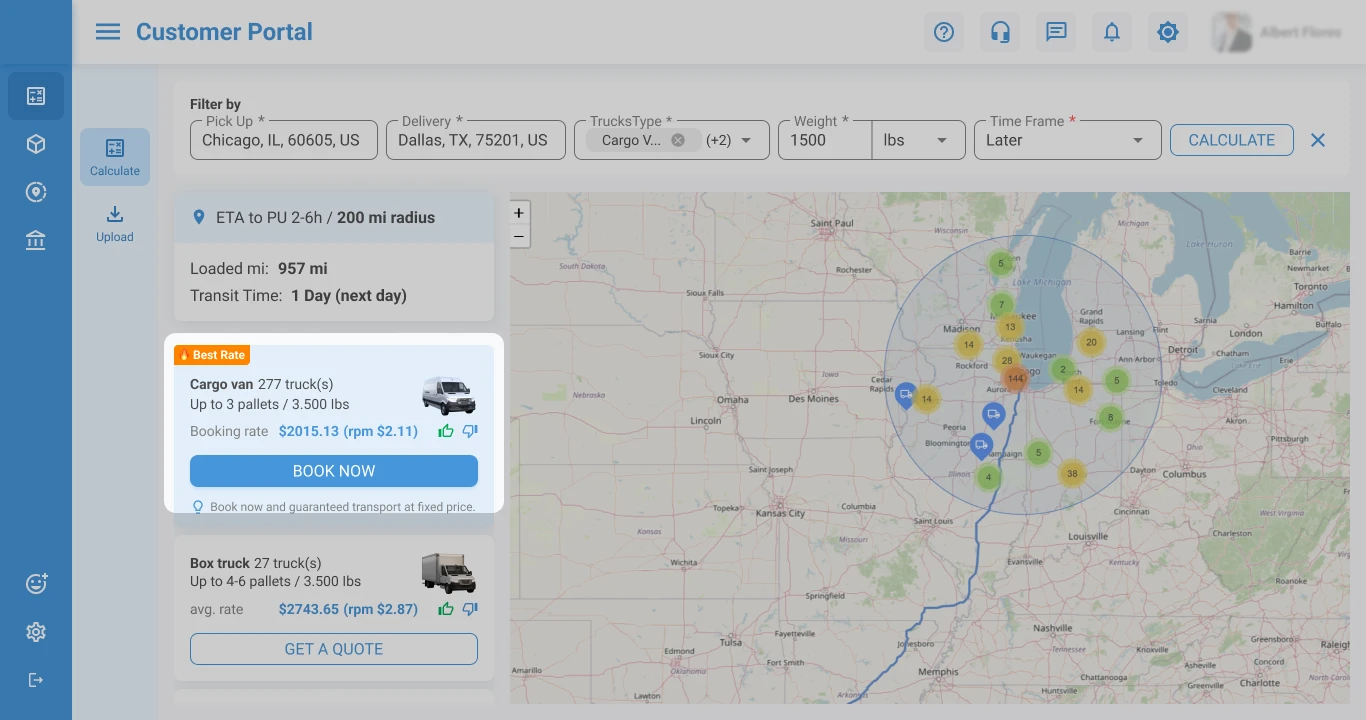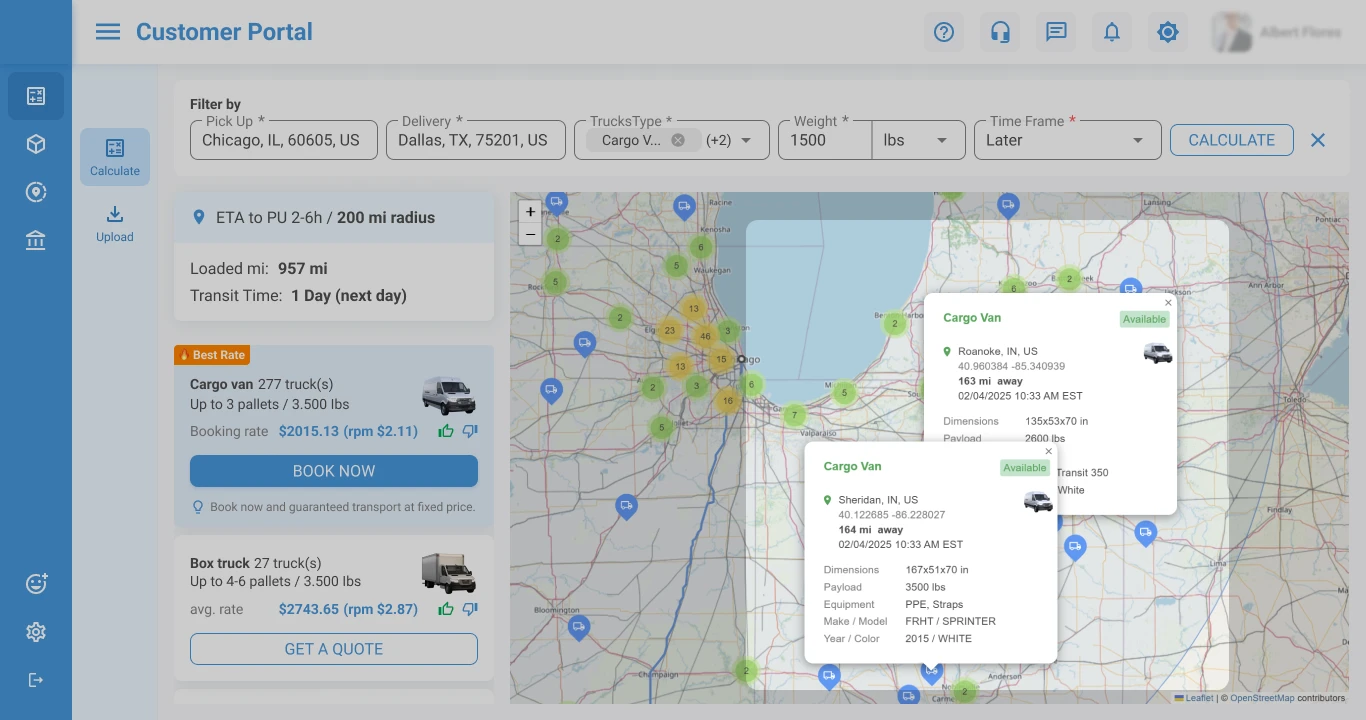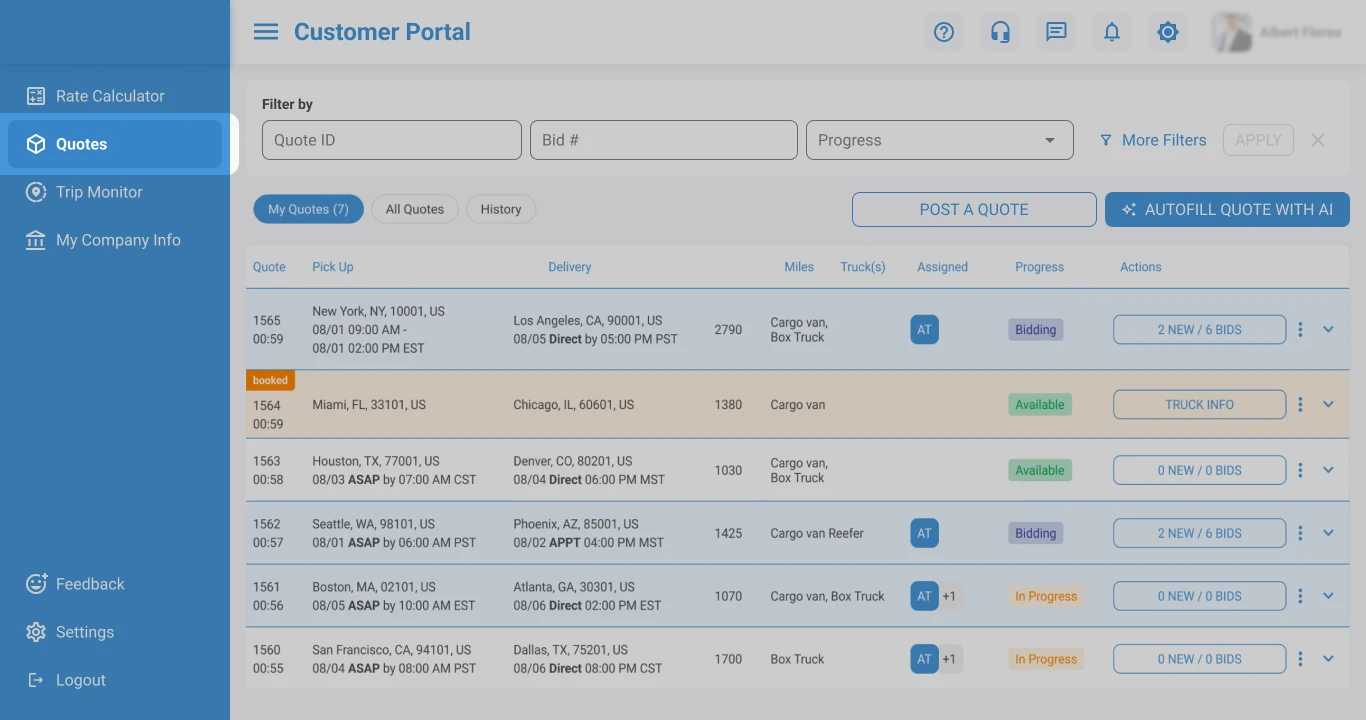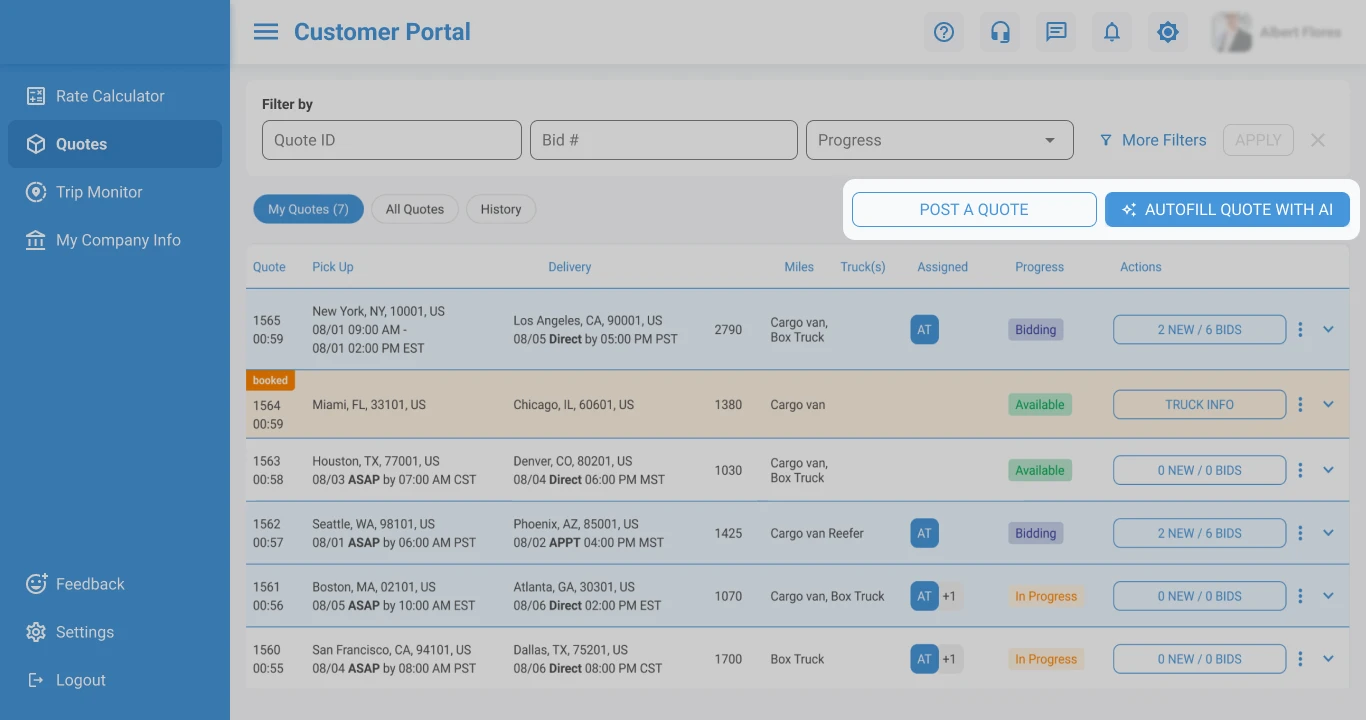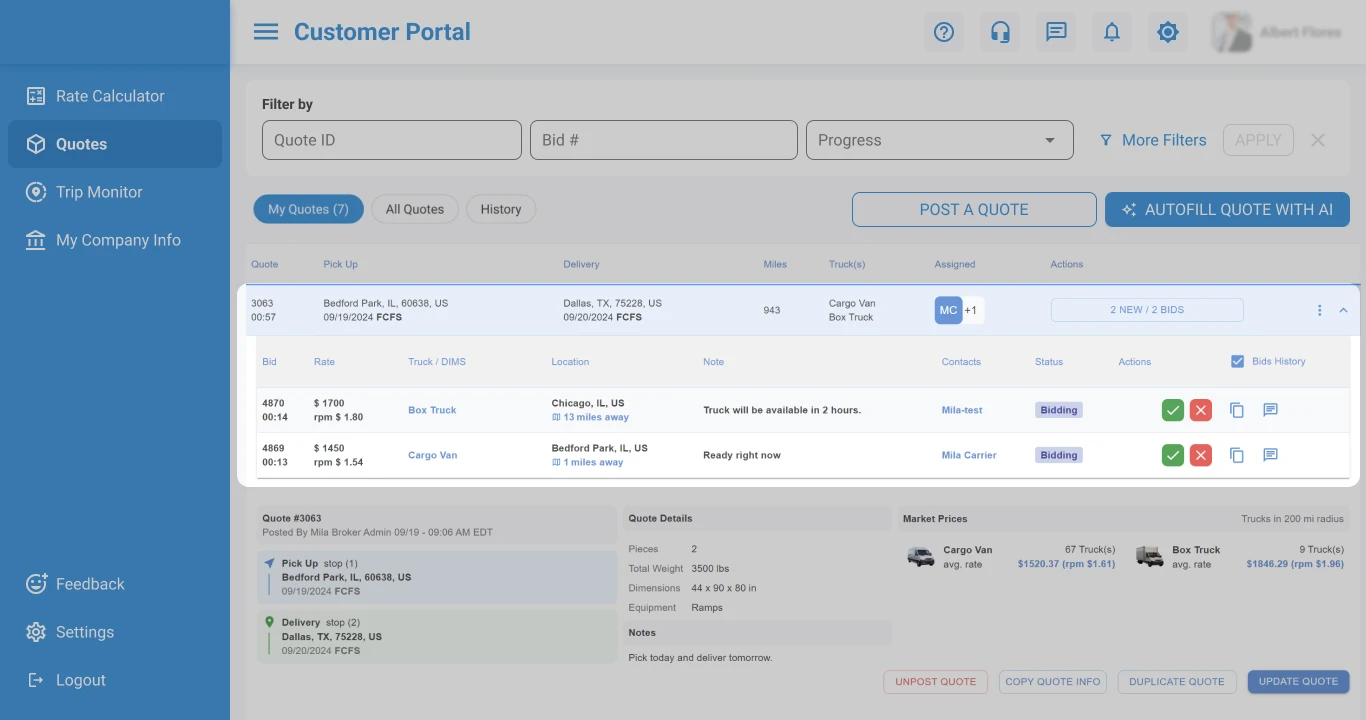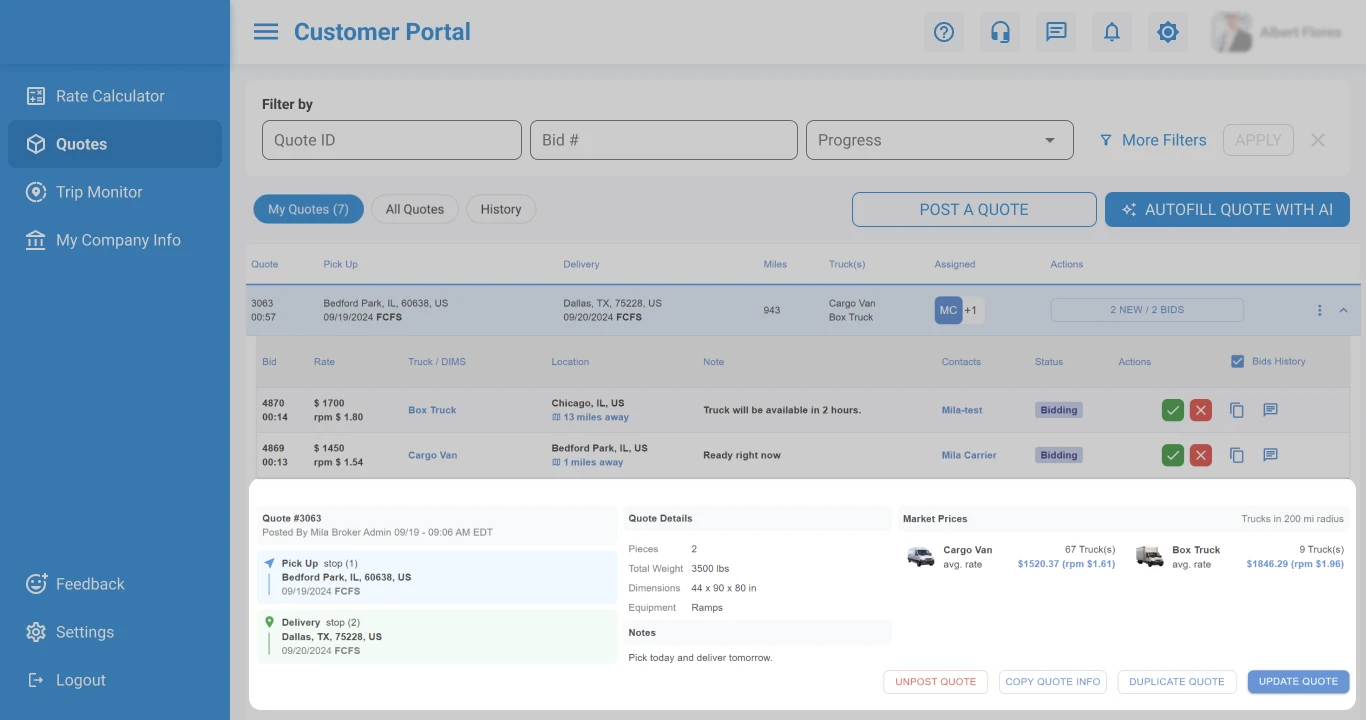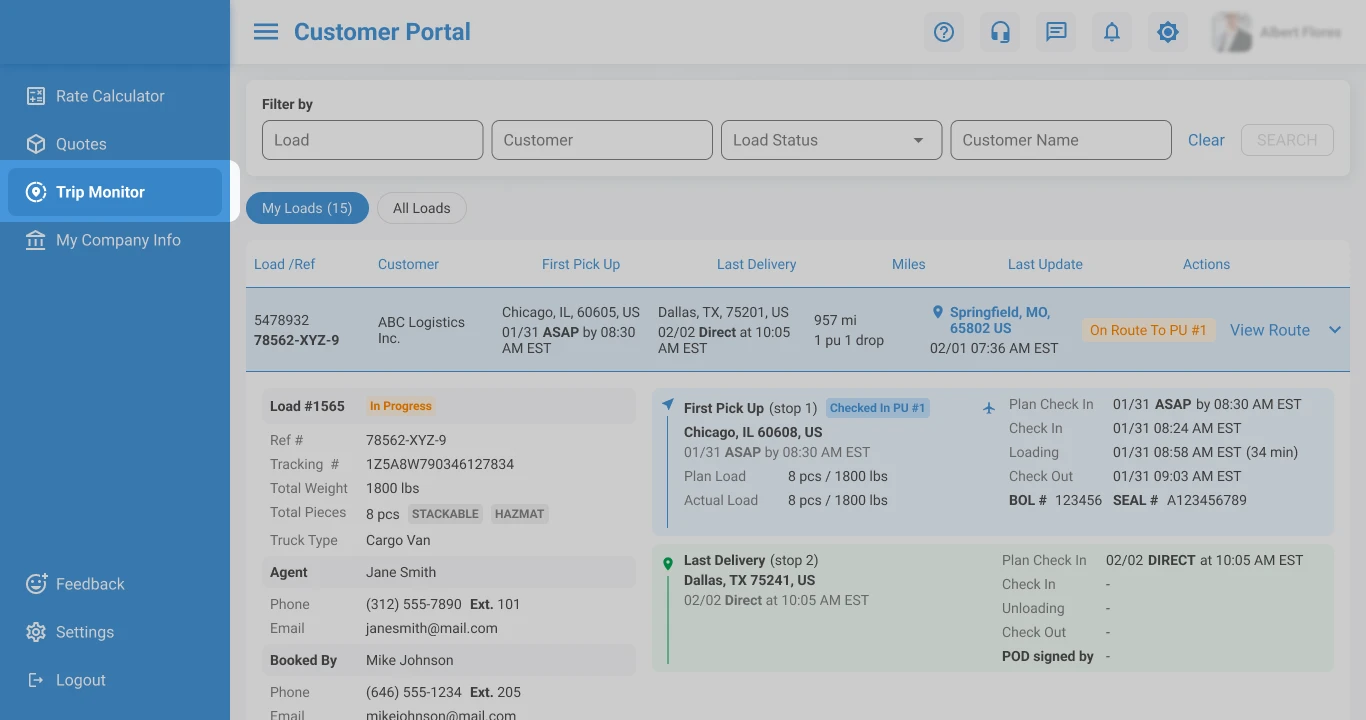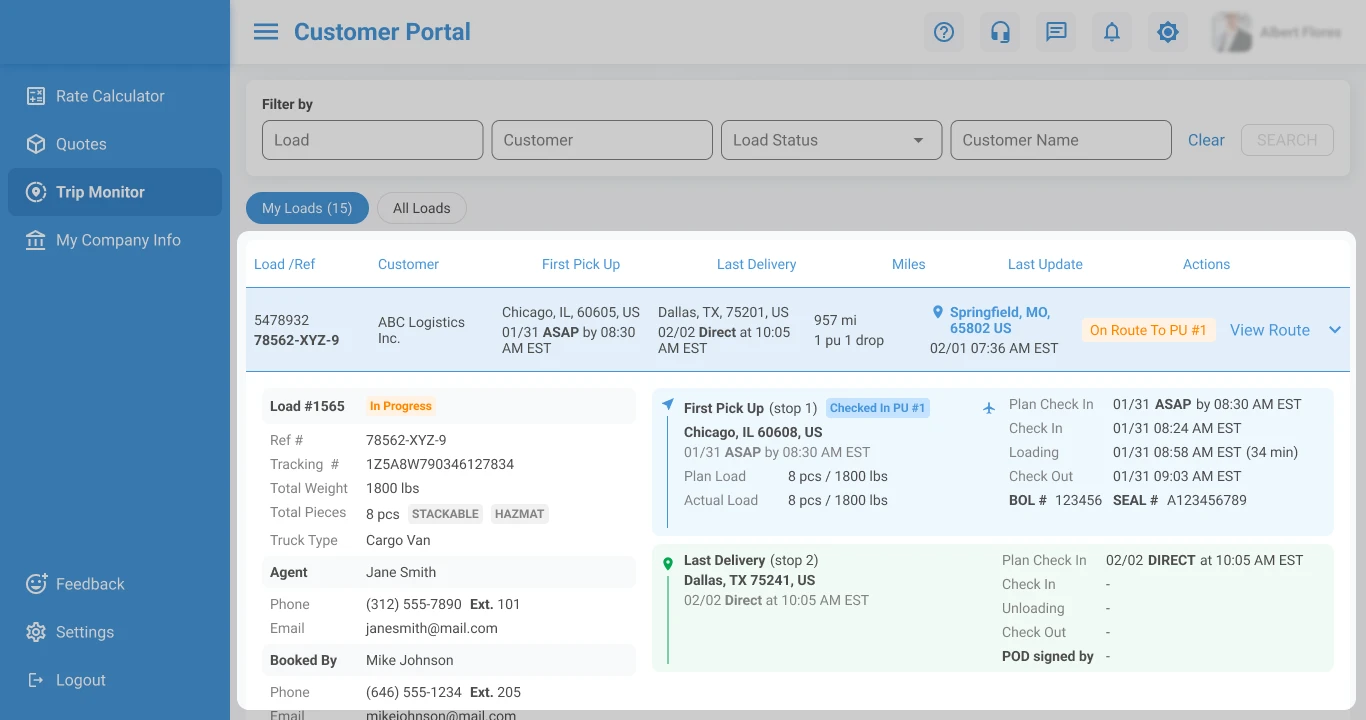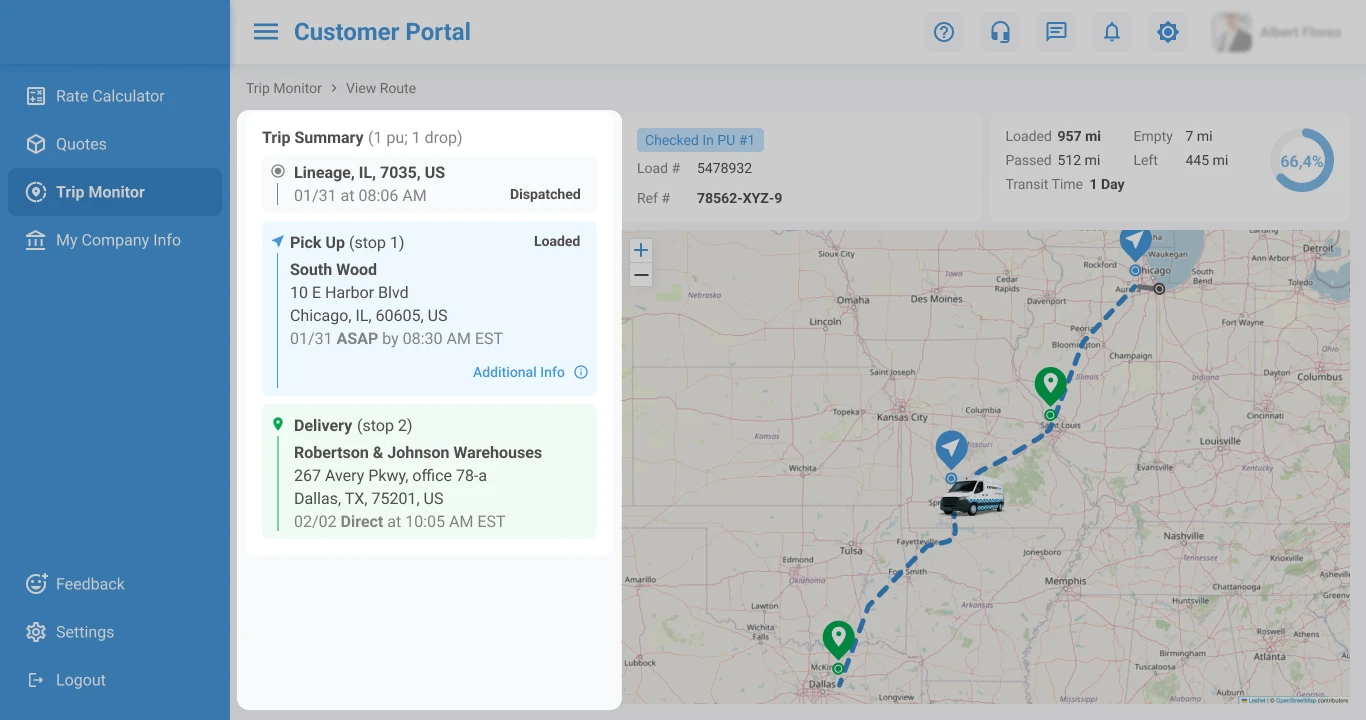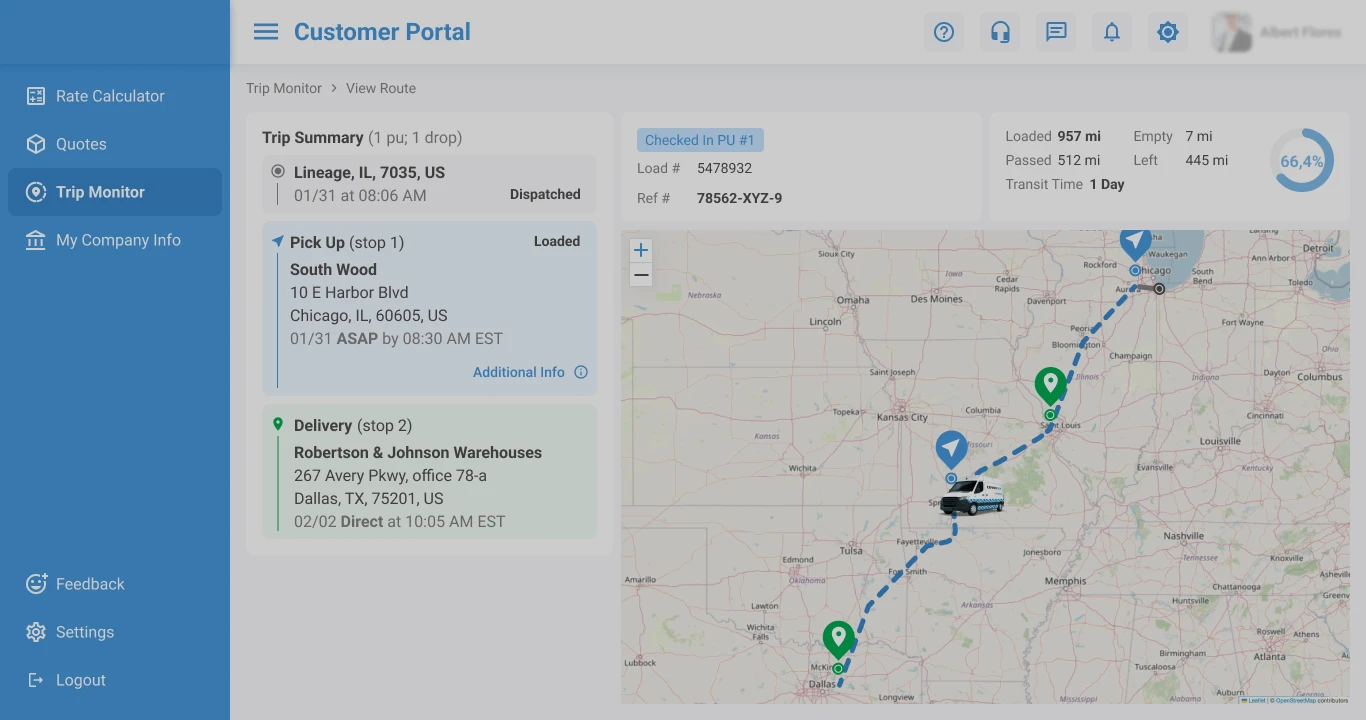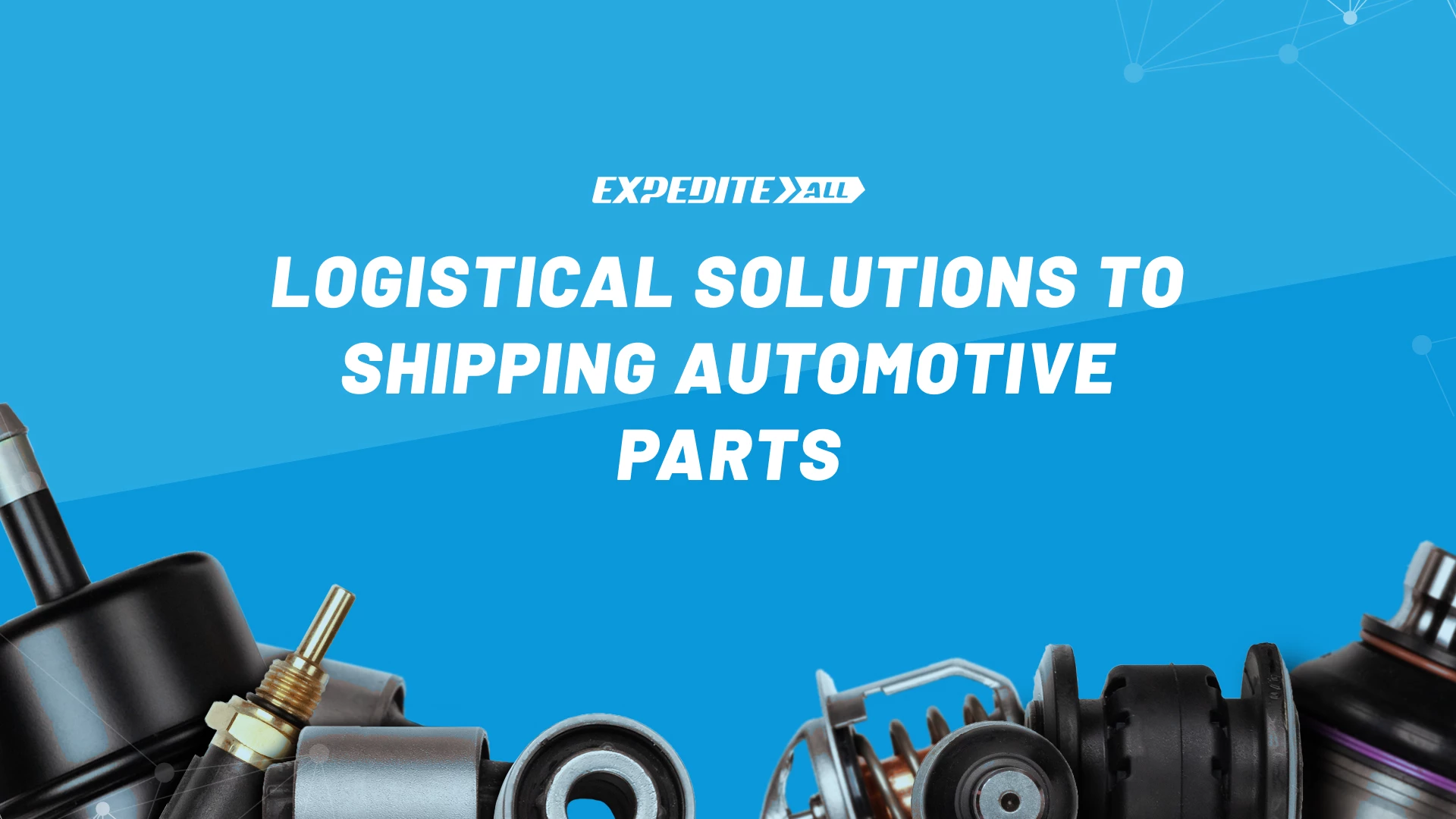
Logistical Solutions to Shipping Automotive Parts
Shipping Automotive parts quickly and cost-effectively
If your business ships automotive parts with any regularity, you may have confronted some of the key challenges these products pose.
First, product handling.
When shipping auto parts, you often need extra care to involve effective packaging, careful loading, handling en route wherever it may stop, and reaching the actual location of the vehicle under repair.
Secondly, speed.
Usually, repairs are costly as-is. The longer a car or truck sits in the shop, the more it costs the owner as they rent a replacement. However, speed needs to be balanced against cost, as, while the part may be essential, repairs can often reach a value tipping-point.
Third, tracking, flexibility, and security.
For parts suppliers, e-commerce parts retailers, or even emergency and recovery services that need immediate access to parts for repair, visibility is key.
We will explore three modes of shipping, their tradeoffs, challenges, and limitations, and how your particular business may benefit from each.
LTL shipping
Conventionally, many parts shippers have used LTL shipping (hub-and-spoke shipping) to lean towards cost savings at the expense of convenience, speed, and security.
- LTL (Less-than-truckload) shipping saves the shipper money by consolidating their freight with other freight. The process involves several stops along various warehouses, where unloading, consolidation, and loading occur. You may have seen this kind of model just by shipping through parcel shipping services, where the online dashboard shows the shipment as a series of sprints to your destination.
- By nature, this kind of shipment greatly increases the risk of loss, damage, or theft. In the case of automotive parts, many of which are not serialized but are easily sold and in high demand, the risk of theft is especially heightened.
- The logistics of consolidation and LTL shipping make it so that your shipment happens on the truck’s time, not yours. The shipper does not have good control over when a part will be picked up or even delivered, routing, or handling.
- A specific limitation to LTL shipping is often due to the particular way in which these shipments are priced, and also the way in which they are handled. From a pricing perspective, shipping over 150 lbs on LTL begins to push the envelope in terms of value. Often, shipments are also done on a pallet-basis, so that your part needs to be within certain dimensions, which is not always the case with, for example, semi-truck parts.
- This kind of shipment might be best used as a cost-savings measure by e-commerce retailers as a cost-savings option, by manufacturers, or by regularly-stocked suppliers to dealerships.
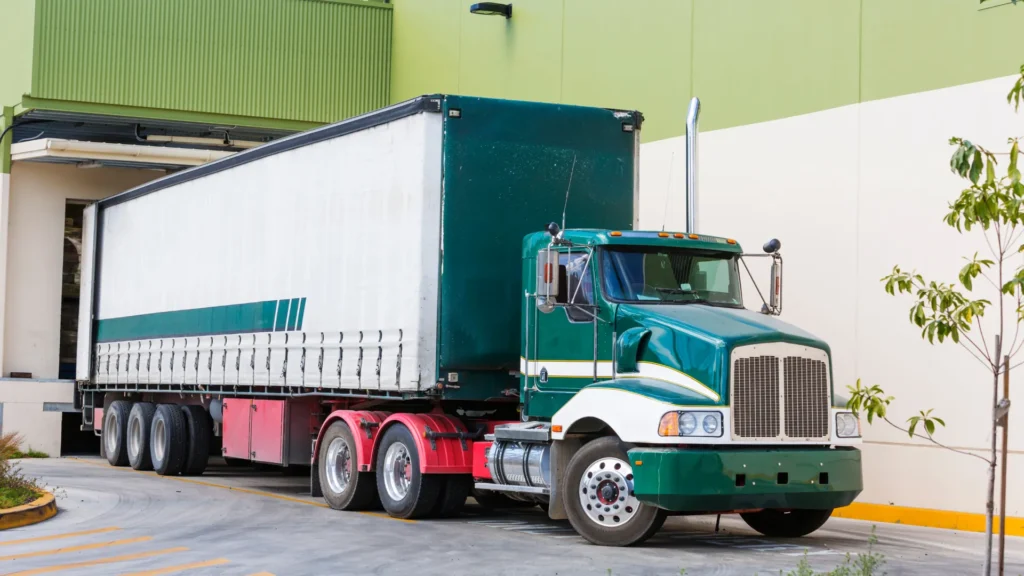
FTL shipping
In order to address the challenges and limitations of LTL shipping, shippers can upgrade to commanding the whole trailer: FTL (Full Truckload) shipping.
- FTL shipping greatly reduces the risk of loss or damage by eliminating the hub-and-spoke shipping model at the expense of increased costs to the shipper. It might also increase shipping speed. While this is nice, it has long been known that drivers looking for an extra dollar can swing an extra stop or two along the way, so that even though you’ve paid for the whole trailer, they still add other freight stops to the trip. Therefore, this method is preferred when there is enough product to actually fill the whole trailer.
- An additional benefit to FTL shipping is the predictability and scheduling advantage of commanding the full truck. This makes it easier for business operations to operate using FTL.
- Some of the limitations to FTL shipping are cost-effectiveness and speed (due to size and regulations around driver hours). FTL shipping may be limited by the kinds of docking and unloading space available at the final destination.
- FTL shipping is an effective means of transporting automotive parts for shippers who are transporting large volumes of parts from regular pickups to regular destinations, especially in cases where the business actually owns the trucking operation itself. It is advantageous to large parts manufacturers and suppliers.
STL shipping
Advances in logistics technology and changes in distributor practices have brought Small Truckload (STL) and expedited shipping to the forefront of automotive parts shipping.
- For a relatively moderate increase in price, STL shipping reduces the risk of loss, damage, or theft by, as in the case of Expedite All, right-sizing vehicles to shipments, so that what is loaded takes up the entire space of the vehicle, and cannot allow for extra stops along the way.
- STL is also significantly faster than other forms of shipment. It goes directly from shipper to receiver, and the vast majority of STL vehicles access shop alleyways and driveways with ease, dropping the part off directly.
- Advanced STL solutions like Expedite All allow for live tracking and responsive customer service, providing ultimate visibility and control over the shipment. This is the kind of flexibility often needed with repairs, as a vehicle may need different work done at different shops, and a reroute may be necessary.
- STL is limited by vehicle size. Cargo vans usually cap out around 4,000 lbs, and box trucks, depending on their size, may cap out between 12,000 - 33,000 lbs.
- Small Truckload shipping is an expedited solution for any of the previously mentioned businesses, but also an ideal shipping solution for racing teams and performance shops, emergency and recovery services, and customization and modification shops. For importers and exporters of automotive parts, STL helps close the competitive gap by “catching up” to domestic suppliers with expedited shipping on the final leg.
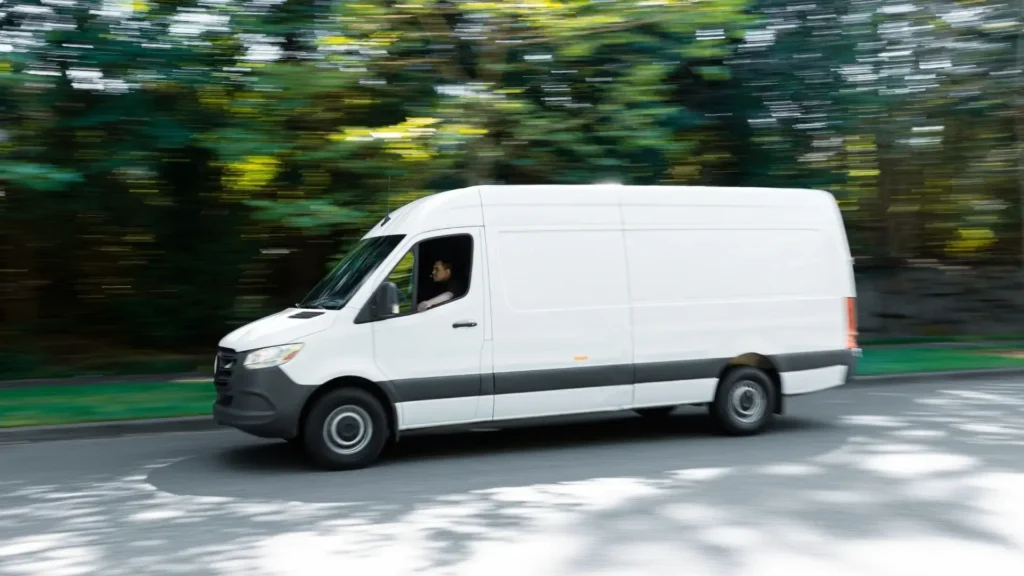
Expedite All has an Online, on-demand network of over 6,000 small vehicles, including sprinter vans, cargo trucks, box trucks, and straight trucks that can provide short to long-haul expedited services. Overall, Expedite All reduces shippers’ delivery times, risk of loss or damage, and number of contacts required to make a shipment happen. If you are looking for a competitive advantage in your automotive parts-dependent business, we want to show you how our solutions can help you stand out. Reach out to your Expedite All representative today!
You May Be Interested In
6 Proven Strategies for Reducing Shipping Costs
In this blog, we’ll delve into six tried-and-tested tactics to curb your shipping expenditure, from minimizing idle transport miles and efficient route planning to harnessing the power of cutting-edge technology…
Understanding Carrier Liability in Freight Transportation
Freight damage and loss would be a real headache if no carrier liability exists. In freight transportation, it stands as a fundamental force, ensuring hassle-free movement of goods across borders throughout the world. At its core, it refers to the legal responsibility of carriers for shipments in case of loss, damage, or delay under their care…
